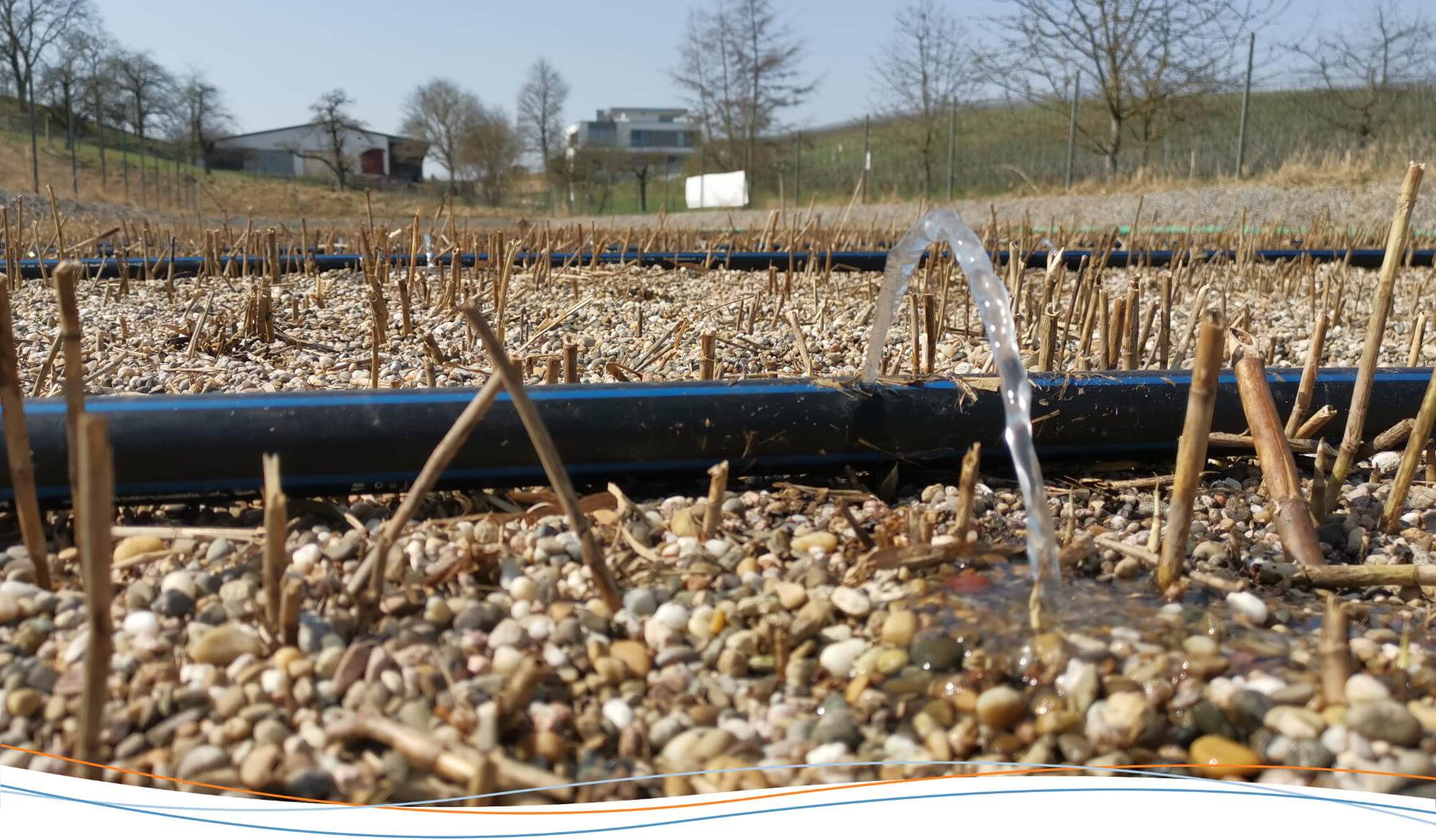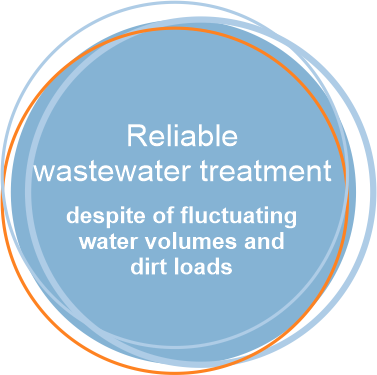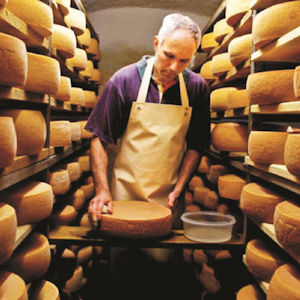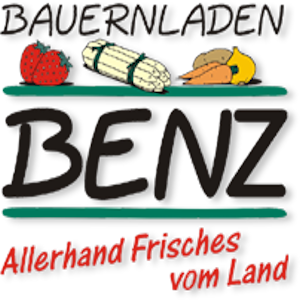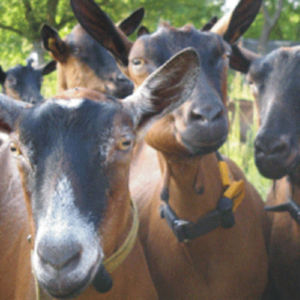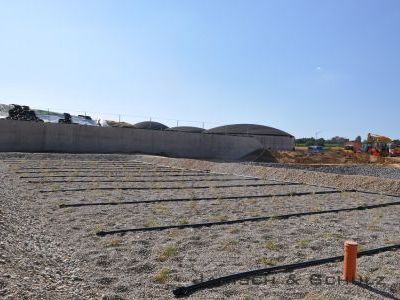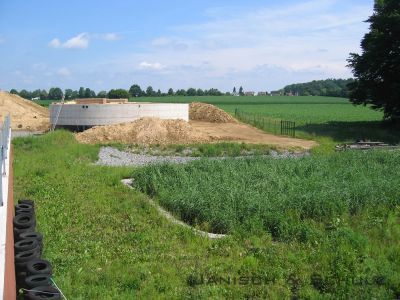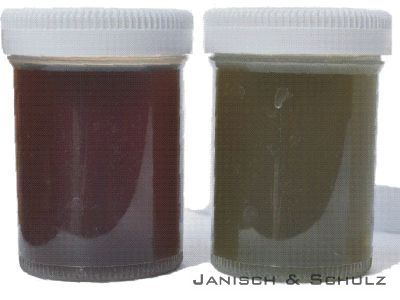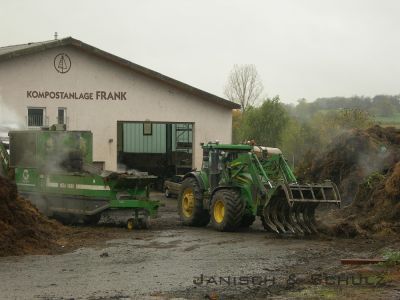Constructed wetlands for highly fluctuating wastewater volumes and pollution loads
Many of our agricultural customers do not fit into the “small wastewater treatment plant” standard with their wastewater volume. The common design for 4, 6, 8, 12 … p.e. only applies when production on the farm is at rest.
At a winery, large and heavily polluted volumes of wastewater are generated in the fall. For asparagus and strawberry producers, in spring, when numerous harvest workers live on the farm. The situation is comparable for excursion restaurants or campground operators, who have their wastewater peaks in the summer months. In the case of farms with farmstead cheese dairies or farmstead slaughterhouses, both the quantities and the pollutant loads fluctuate.
Contact us:
- If you are interested in economically viable and sustainable solutions.
- If your technical wastewater treatment plant does not maintain the effluent values or burdens your budget due to high operating costs.
- If you increase your production capacities and you lack the water law permission for the building permit.
We find economically sensible, low-maintenance and durable solutions!
At the Schwendehof in the Upper Black Forest, yogurt, quark and fresh cheese are produced by hand every week. The amount of wastewater and the dirt load fluctuate depending on the production. Due to the hillside location, it was possible to build a vertical flow soil filter that operates in free fall with a surge feeder.
On the farm of the Benz family in Darmstadt Arheilgen, fruit and vegetables are produced and sold at regional markets, as well as at the farm store. Asparagus washing and harvest workers lead to extremely fluctuating wastewater volumes on a seasonal basis. Since 2017, this has been treated in a specially designed constructed wetland.
On the Nußloch goat cheese farm, about 100 goats are milked daily and about 60,000 liters of milk are processed in the farm dairy per year. The lovingly made products are sold in the farm’s own store. The cheese dairy wastewater plus the domestic wastewater are cleaned in a vertical flow soil filter since the year 2000.
Since 1998, our plant has been cleaning the wastewater on the farm of the Reuhl family in Münzenberg-Gambach. With the start of the strawberry and asparagus season, the wastewater volume increases from 2,000 to over 2o,000 liters/day. In this situation, it is necessary to be able to accurately assess the range of filter behavior in order to find an economical and functional solution for the farm.
The restaurant “Vesperstube Unterkrummenhof” is located in the Southern Black Forest Nature Park on the shores of Schluchsee. The wastewater volumes fluctuate with the season, the day of the week and the weather. We have succeeded in installing a completely electricity-free system that complies with the strict limits at all times of the year.
On gentle vineyard hills lies the private winery Eberbach-Schäfer, which offers a sophisticated concept for celebrations of families and companies with its wine tastings. Wastewater mostly accumulates on weekends and since 2018 has been purified close to nature in a 750 m² vertical flow soil filter.
Surface water from farms or biogas plants
Our individually designed pond / soil filter systems are used for the purification of polluted surface water. Our customers are operators of biogas plants, recycling yards, composting plants and large dairy farms. Everywhere, depending on the precipitation, more or less heavily polluted surface water accumulates from the storage, driving, walking and silage areas. The water is too polluted to be discharged into a body of water or into the subsoil. The operator has the option of collecting the water in large containers and regularly discharging it on his own land or purifying the water to such an extent that it can be discharged into a receiving watercourse without hesitation.
A pond / soil filter system cleans the polluted surface water up to the discharge capacity. It is worth comparing the investments from an economic point of view. For the construction of the wastewater treatment plant, a water law approval procedure is always necessary.
Contact us! We will provide you with an initial dimensioning including cost estimate free of charge. In the case of an order, we prepare the planning documents and supervise the approval procedure. The construction of the plant is usually done by ourselves. The construction management and special assembly works are carried out by our employees.
Biogas plant in Bad Rappenau 2009: Construction and commissioning of the constructed wetland for the purification of polluted surface water from the driving areas.
The treatment plant for the purification of polluted surface water consists of a storage pond, a pump, the planted soil filter and an infiltration trough.
The dairy farm of Jörg Zimmermann in Bad Rappenau with biogas plant and the large driving silo areas, next to it the pond / soil filter plant for the purification of surface water, commissioned in 2009.
Highly polluted surface water accumulates on driveways and silos of biogas plants and composting plants, which usually has to be collected and spread on agricultural land. As an alternative to the construction of expensive storage tanks, the engineering company Janisch & Schulz mbH has developed a near-natural process to clean polluted precipitation water until it can be discharged into the receiving water or the subsoil.
Highly concentrated leachate from the corn silage with a COD > 11,000 mg/l must be directed into the digester of the biogas plant. Once the silage is cleared, the surface water should be directed into the pond / soil filter system. Therefore, drainage pipes must be planned under the driving silo, which drain in two directions depending on the loading.
Reddish: Highly concentrated leachate from corn silage, this should be collected separately or discharged into the biogas plant.
Greenish: Polluted surface water, which can be cleaned in our pond / soil filter plant.
Frank composting plant in Kraichtal-Neuenbürg. Depending on the amount of rainfall, polluted rainwater accumulates at the composting plant. It is pretreated in a settling basin and then biologically purified in a constructed wetland.
The Hofgut Eichigt GmbH in Vogtland is operated by the natural food wholesaler Dennree and is officially recognized as an organic farm. In the course of the modernization measures of the former Agrofarm 2000, the engineering company Janisch & Schulz mbH was commissioned to prepare a plan for the treatment of surface wastewater. Together with the consultant Oliver Baeder-Bederski, the approval documents for the water law permit were prepared.

